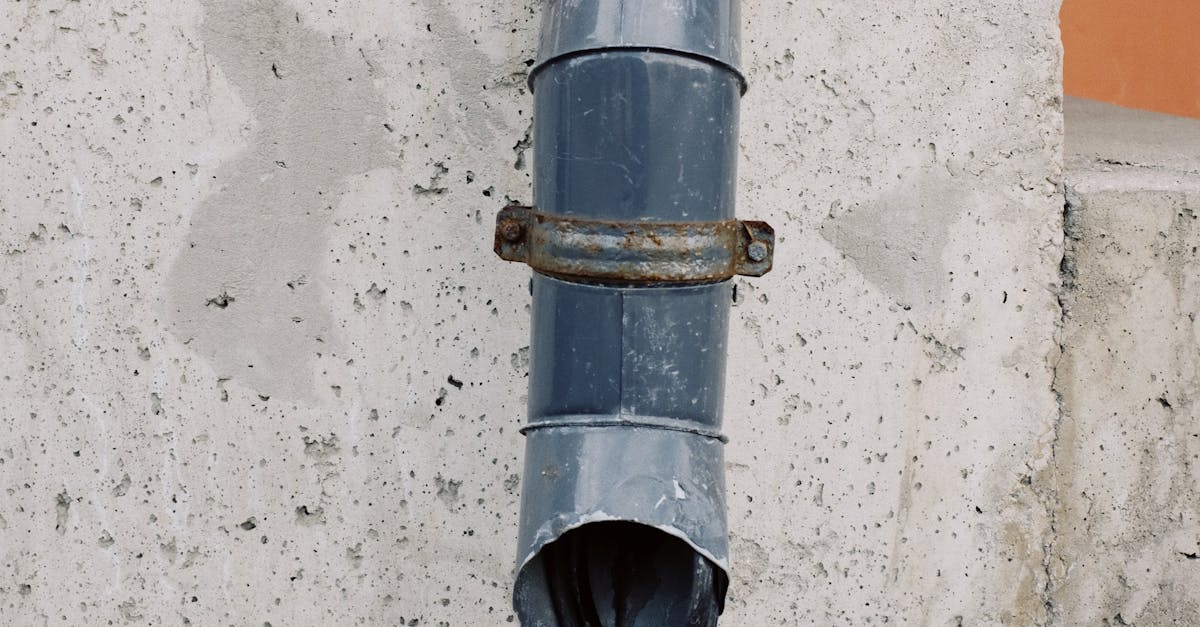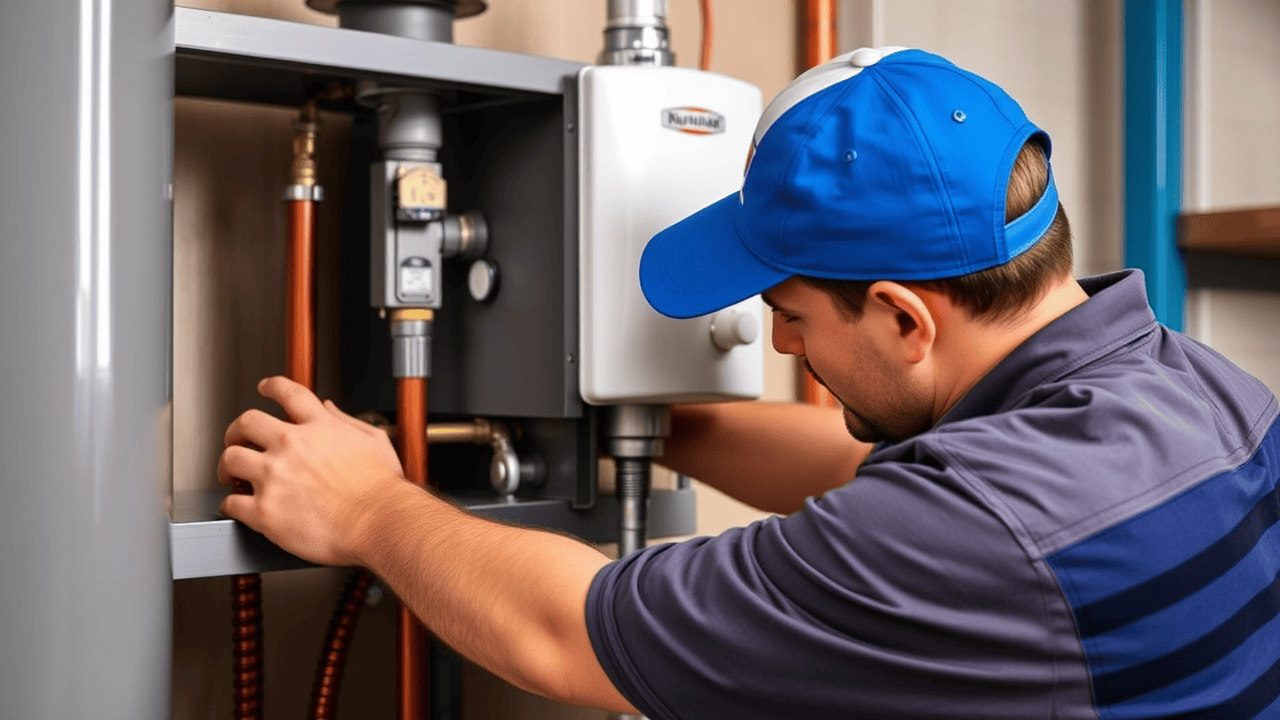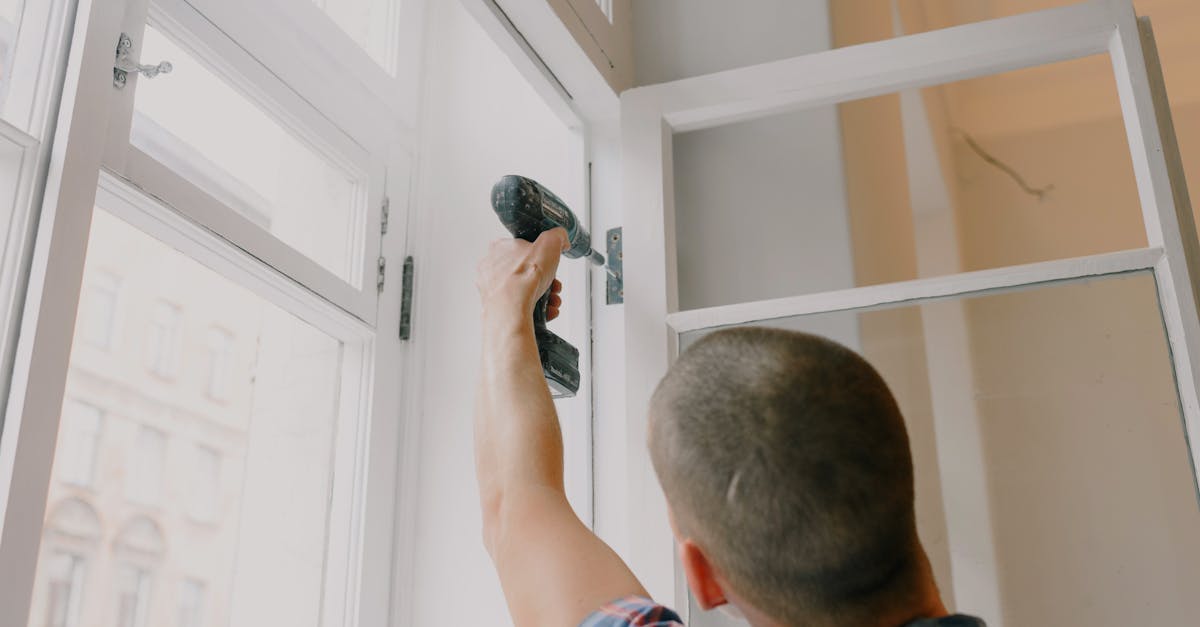
Cost Considerations for Installation
When planning for water heater installation and repair in your home, it's essential to factor in the total costs associated with the project. Installation fees can vary based on the type of water heater chosen, with tankless systems often requiring more investment upfront compared to traditional tank models. Additionally, regional labor costs and the complexity of the installation can impact the overall price. It’s advisable to budget for extra costs such as permits, materials, and potential upgrades to your existing plumbing or electrical systems.
Homeowners should consider getting multiple estimates from different contractors when seeking water heater installation and repair in order to ensure a competitive price. Each installer may offer different pricing structures, including flat fees or hourly rates, which can affect the final cost. Comparing these estimates not only helps in identifying the best financial option but also allows you to gauge the reputation and service quality of each installer. Having clear expectations about costs can facilitate a smoother installation process and prevent unexpected expenses from arising.
Comparing Estimates from Different Installers
When considering water heater installation and repair in your home, it's essential to obtain estimates from multiple installers. Each contractor may offer varying price ranges based on their level of expertise, the quality of the water heater, and the specific services included in the installation. Collecting several quotes allows homeowners to gauge the average costs within their area. It also provides an opportunity to assess the value added by each company, including warranties and after-service support.
Evaluating estimates should not solely focus on the bottom line. Details such as the type of water heater recommended, installation timelines, and the experience of the technicians can all impact overall satisfaction. Ensure each estimate includes a clear breakdown of costs to avoid any hidden fees later. Proper comparison can help homeowners make an informed decision, ensuring reliable service for water heater installation and repair in their homes.
Timing for Water Heater Installation
Timing can significantly impact the quality and cost of your water heater installation. Scheduling the installation during typical slow seasons, such as late fall or winter, may offer better availability of skilled technicians. These times often see reduced demand, which could lead to more competitive pricing. Homeowners might also find that contractors are more flexible with scheduling adjustments.
Water heater installation and repair in spring or summer may present challenges due to increased demand. Many homeowners opt for upgrades or replacements during these warmer months, often leading to longer wait times for service. Awareness of this seasonal trend can help homeowners plan ahead, ensuring they secure timely installation without the frustration of delays.
Best Seasons for Scheduling Installations
Scheduling a water heater installation during the spring or fall can be advantageous for homeowners. These seasons generally offer milder weather conditions, making it easier for installers to work without the extreme temperatures of summer or winter. Additionally, demand for installations tends to be lower during these periods, which often translates to better availability of skilled technicians and potentially lower costs.
Water heater installation and repair in winter can pose unique challenges due to cold temperatures and the potential for inclement weather. Homeowners may experience delays caused by snow or ice, as well as the discomfort of having workers in their homes during chilly conditions. Conversely, summer might see higher demand for installations, particularly when homeowners prepare for vacations or address maintenance issues before the season's end, leading to longer wait times and inflated prices.
Installation Process Overview
Water heater installation and repair in residential settings typically begins with a thorough assessment of the space where the unit will be placed. This involves evaluating existing plumbing and electrical connections to ensure compatibility with the new heater. Proper planning at this stage can prevent future complications and ensure an efficient installation process.
Following the assessment, the installer will proceed with removing the old water heater if applicable, which may involve draining the system and disconnecting various lines. Once the area is clear, the new unit can be set in place, and connections will be re-established according to the manufacturer's specifications. Safety protocols and local building codes will be adhered to throughout the process to ensure everything functions safely and effectively.
StepbyStep Breakdown of Water Heater Installation
The first step in the water heater installation process involves gathering the necessary tools and equipment. This typically includes wrenches, screwdrivers, a drill, and safety gear. It's important to ensure that the area is clear and that all utilities are turned off to avoid any accidents. The installer will then remove the old unit if one is present, taking care to disconnect electrical or gas lines properly. Water heater installation and repair in residential settings requires adherence to local codes and safety regulations, emphasizing the need for a professional touch.
Once the previous unit is removed, the new water heater needs to be positioned in place. The installer will connect incoming and outgoing water lines and ensure that the temperature and pressure relief valve is installed correctly. It is crucial to check for leaks after the connections are made. Finally, the installation will include filling the tank, turning on the power or gas supply, and performing an initial test to ensure everything is functioning properly. Thorough testing and inspections are vital to ensure the water heater operates efficiently and safely.
FAQS
Who should I hire to install my water heater?
It is best to hire a licensed plumber or a certified HVAC technician with experience in water heater installations. They have the necessary training and knowledge to ensure proper installation and compliance with local codes.
How can I find a qualified installer for my water heater?
You can find a qualified installer by asking for recommendations from friends or family, checking online reviews, and verifying credentials through professional organizations or licensing boards.
What factors should I consider when comparing estimates from different installers?
When comparing estimates, consider the total cost, the scope of work included, the experience and qualifications of the installer, warranty options, and any additional services provided, such as old unit removal or disposal.
Is it necessary to hire a professional for water heater installation?
Yes, hiring a professional is strongly recommended due to the complexity of the installation process, safety concerns, and the need for compliance with building codes and regulations.
What questions should I ask potential installers before making a decision?
You should ask about their experience with water heater installations, licensing and insurance, warranty details, estimated timeline for the job, and whether they provide post-installation support or maintenance services.


